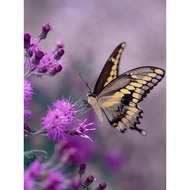PEI SOLS Kindergarten Food Waste
(View Complete Item Description)While food waste is not typically seen as contributing to greenhouse gas emissions, it is a major contributor. Reducing food waste ranks as the 3rd most beneficial drawdown solution. Wasted food, and the resources to produce that food, are responsible for approximately 8% of global greenhouse gas emissions. When individuals and groups reduce food waste, it has a huge impact on reducing greenhouse gas emissions. Food waste awareness is applicable to every person and community. In this storyline, students connect with cultural values around food, impacts of food waste and solutions to food waste issues.
Material Type: Unit of Study




















